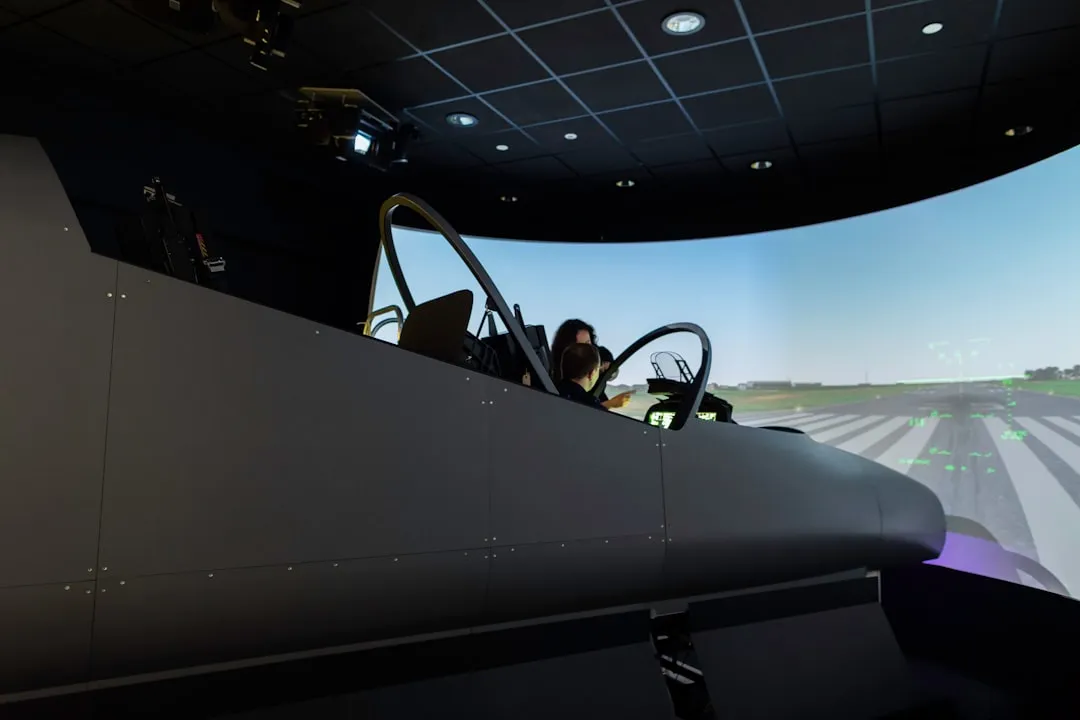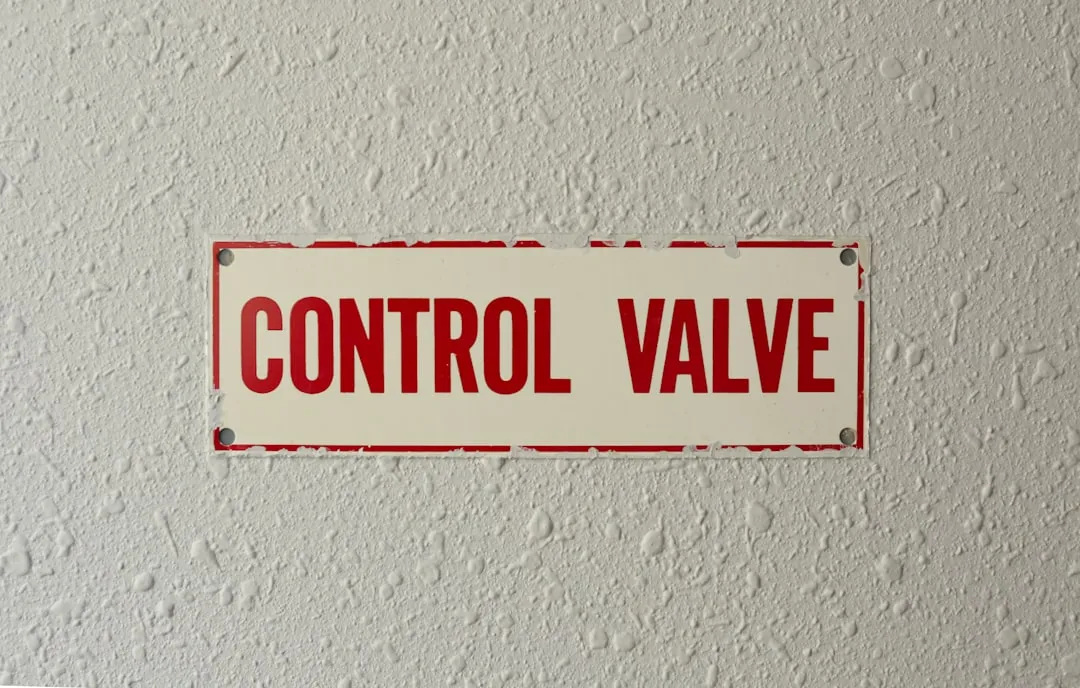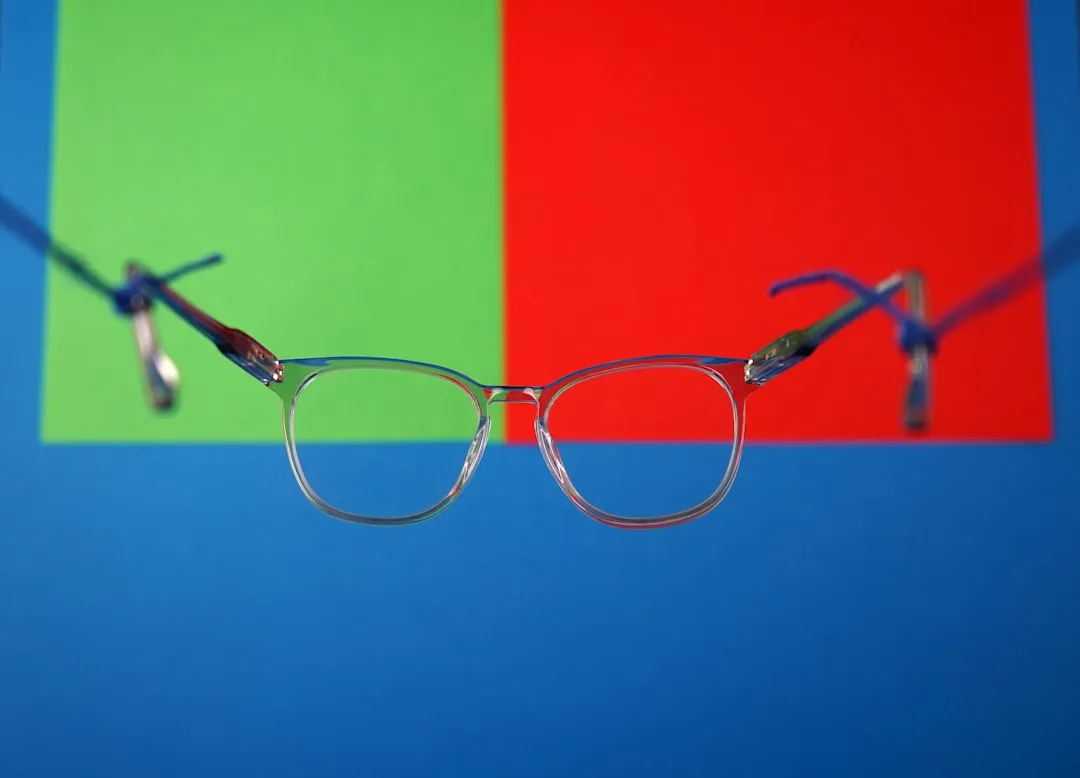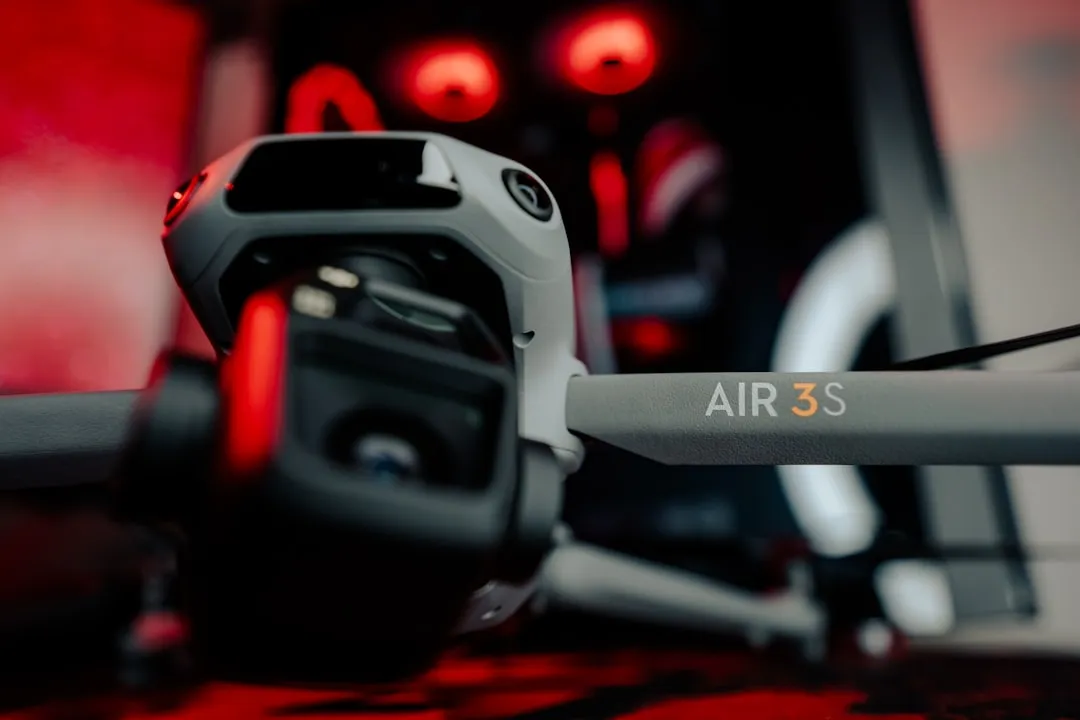Drone mishaps, such as the collision that scratched a military helicopter in New York, are becoming something of an everyday hazard.
And professional drone operators sweat bullets when their drones hover too close to their clients' things — especially their expensive things. Enter German startup DronOSS, which has uploaded a demo of its new AR-based system training drone pilots to maneuver cleanly.
The video shows a drone's live feed via a smartphone on a drone controller as the drone soars through augmented reality rings scattered in the air and other obstacles added to its view.
AR rings change color when a careless pilot smashes through them so that trainers can get instant feedback on their pilots' flight accuracy.
DronOSS's software, developed in Unity, works with a prototype camera-based component that rides below the drone — the ARbox. Showing off functionality that most drones don't have, ARbox transmits a huge amount of position, rotation, and video data to the company's client app on a digital device.
DronOSS' ARbox bears similarities to the Phantom 4 drone offered by DJI in that it uses visual odometry instead of just GPS to tighten drones' several-meters-wide positioning accuracy range.
But while a DJI drone has the ability to pair with Epson smartglasses to show the drone's video feed as a picture-in-picture view overlaid on the pilot's surroundings, DronOSS does not pair with smartglasses. The AR overlay is created on the DronOSS software, then added to the drone's video feed.
DronOSS claims that its app's uniqueness comes from the fact that it is multiplatform — compatible with iOS, macOS, and Windows. In theory, it could be used with any AR or VR headset, tablet, or computer, whether for guiding robots or drones.
The ARbox currently only works if the pilot is less than 1 kilometer away from the drone. Though the eventual goal is to integrate next-generation 5G technologies to pipe DronOSS's AR-enhanced birds-eye-view to pilots anywhere.

An AR wind turbine is an obstacle in an application of the system for utilities.
Based at The Technical University of Cologne, DronOSS nailed down a grant from Germany's Federal Ministry for Economic Affairs and Energy to develop ARbox. Now, its goal is agreeing a contract of cooperation to create a minimum viable product by spring of next year. Already the startup has launched discussions over an agreement that could see an unnamed drone industry partner sell its training solution.
"We see the demand coming from the drone companies, so this is the market: Companies that either provide drone pilot training or that employ drone pilots," said Luciano Mora, who co-founded DronOSS alongside Alberto de la Rua and Antonio Juliá.
"There are companies, like utilities and other industrial companies, that have to perform inspections on their assets and facilities on a regular basis," Mora told Next Reality. "They do this with drones to make inspections safer, so that workers inspecting do not need to climb, and because there is high risk. But flying a drone also poses a risk. If the drone pilot is not properly trained, he could crash into the asset and cause thousands of Euros of damage, which would then result in high losses."
Despite the new training app, DronOSS insists ARbox is not just for training. They're hoping the precision the system offers can be used for other sectors, including architecture, gaming, and firefighting.
In gaming DronOSS will be up against competition from Edgybees, which already has a flying start with its augmented drone obstacle course, DronePrix, intended for use with Epson smartglasses.
Like DronOSS, Epson is using AR to quench fires. Firefighters in Canada last year used Epson smartglasses and DJI drones to gain an overhead view that kept them a safe distance while targeting an asphalt plant blaze.
Epson hasn't stopped there. It has also built a glasses-optimized app that helps DJI drone pilots navigate, Drone SoAR and a training app that simulates both the obstacles and the drone itself.
Germany, which uses a written test to license pilots of 2 kilogram-and-up drones, plans on expanding its licensing to capture pilots of drones weighing as little as 900-grams. Across the whole of Europe, an EU standard for drone operator licensing, actually replacing national licensing schemes, will be rolled out starting on July 1, 2020.
This could require practical tests where future drone operators must prove their piloting skills, said Mora, creating a huge European market for any growing drone company to sink its teeth into. With the increase of drone-based services and increasing pressure to license and regulate pilots, DronOSS expects that global demand for drone pilot training will soon be sky-high — even if they already have some competition.
Cover image by DronOSS





























Comments
Be the first, drop a comment!